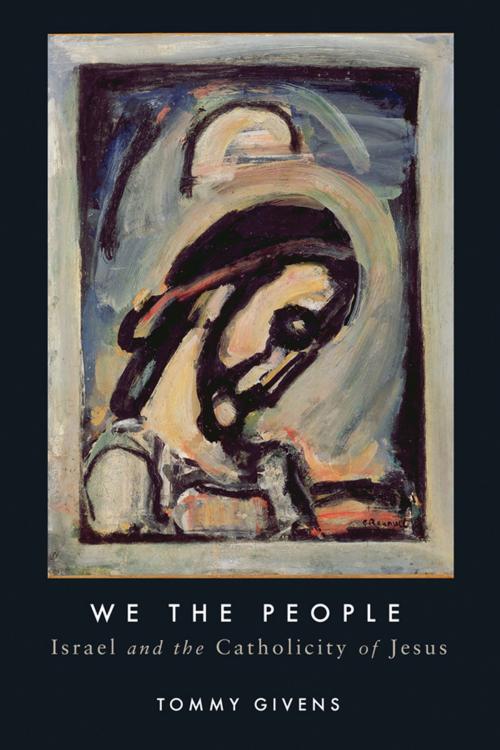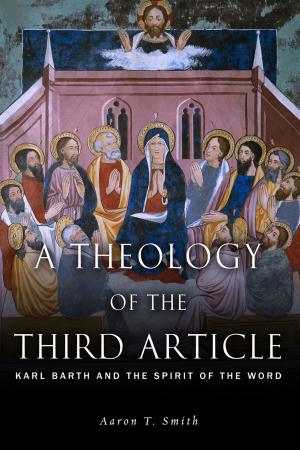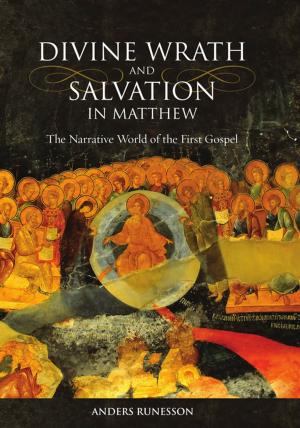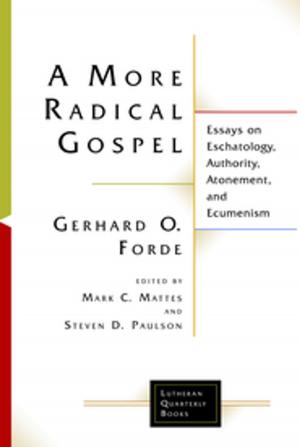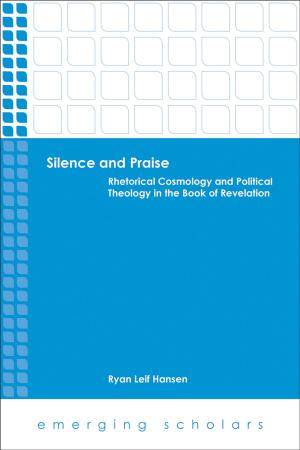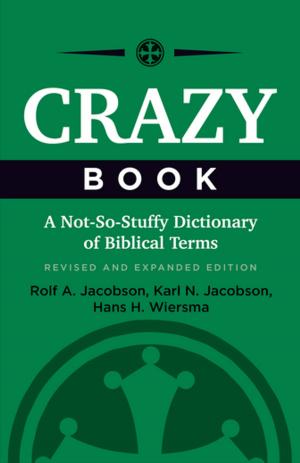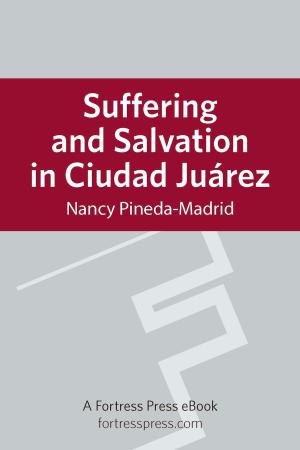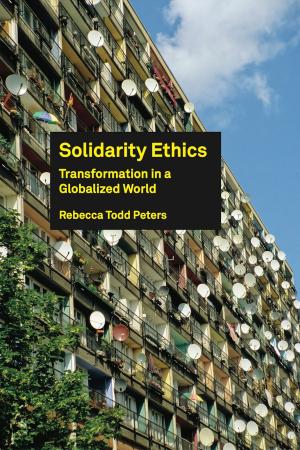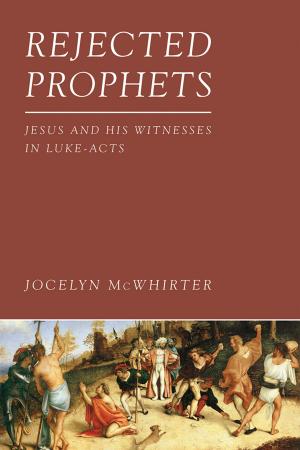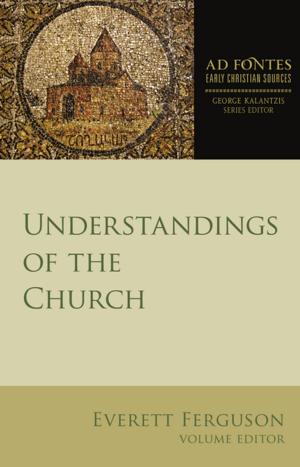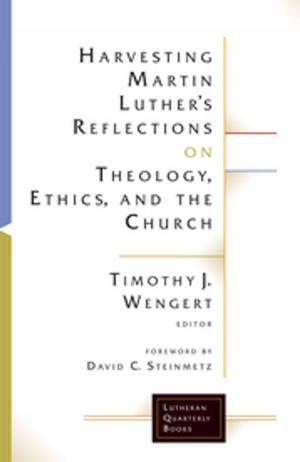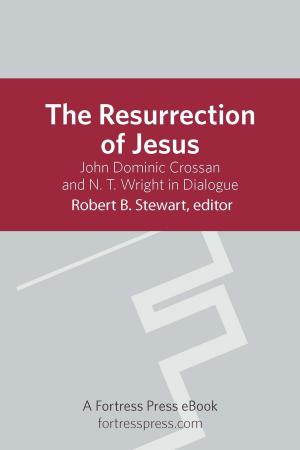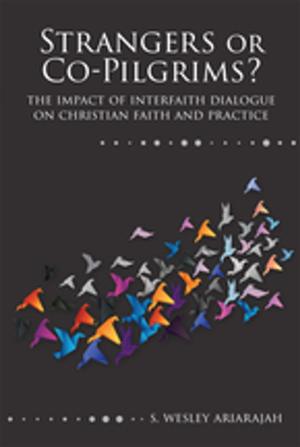We the People
Israel and the Catholicity of Jesus
Nonfiction, Religion & Spirituality, Theology, Christianity| Author: | Tommy Givens | ISBN: | 9781451484458 |
| Publisher: | Fortress Press | Publication: | October 1, 2014 |
| Imprint: | Fortress Press | Language: | English |
| Author: | Tommy Givens |
| ISBN: | 9781451484458 |
| Publisher: | Fortress Press |
| Publication: | October 1, 2014 |
| Imprint: | Fortress Press |
| Language: | English |
We the People exposits John Howard Yoder’s account of peoplehood and develops an appreciative revision of it that considers carefully and exegetically the politics of Jesus in relation to the people of Israel. This revision assesses Yoder’s and others’ historical accounts of “the parting of the ways” and articulates the theopolitical stakes of such historiography and accounts of Christian origins. The argument considers these stakes specifically in relation to the modern nation-state’s claims to peoplehood and the observable effects of its exegetical and historical moorings in self-assertion as the new and purified Israel. In considering the centrality of election in an account of the constitution of the people of God as a people and the ethical force of such a constitution, the project undertakes a critical engagement with Karl Barth’s account of God’s election. This engagement includes a theologically sensitive and historically responsible exegesis of key Old and New Testament texts in dialogue with the political theology and exegesis of Carl Schmitt, Jakob Taubes, and N. T. Wright. The argument aims finally to offer a constructive theological account of the people of God 1) as constituted in time not by its self but by the God of Israel and 2) as determined materially and ethically by the death and resurrection of Jesus.
We the People exposits John Howard Yoder’s account of peoplehood and develops an appreciative revision of it that considers carefully and exegetically the politics of Jesus in relation to the people of Israel. This revision assesses Yoder’s and others’ historical accounts of “the parting of the ways” and articulates the theopolitical stakes of such historiography and accounts of Christian origins. The argument considers these stakes specifically in relation to the modern nation-state’s claims to peoplehood and the observable effects of its exegetical and historical moorings in self-assertion as the new and purified Israel. In considering the centrality of election in an account of the constitution of the people of God as a people and the ethical force of such a constitution, the project undertakes a critical engagement with Karl Barth’s account of God’s election. This engagement includes a theologically sensitive and historically responsible exegesis of key Old and New Testament texts in dialogue with the political theology and exegesis of Carl Schmitt, Jakob Taubes, and N. T. Wright. The argument aims finally to offer a constructive theological account of the people of God 1) as constituted in time not by its self but by the God of Israel and 2) as determined materially and ethically by the death and resurrection of Jesus.
